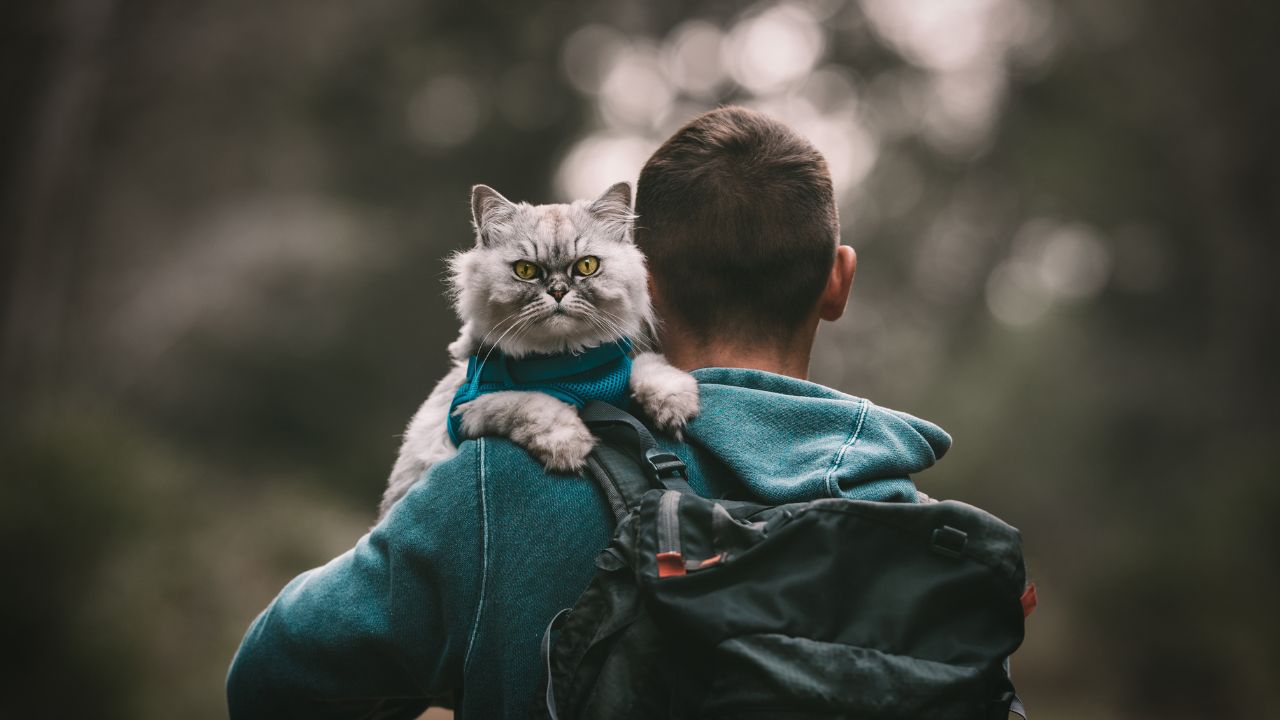No products added!
Tips for Swiftly Recovering Your Beloved Pet
It is crucial to know how to respond when a beloved pet goes astray. In the case of cats, these feline companions are renowned for their independence and caution, which often leads them to maintain a certain distance from humans.
While this characteristic helps them avoid risky situations, it also means that cats might not be as trusting as dogs. This trait is evident in their relationship with their owners. Even when they receive daily care, such as affection and sustenance, cats frequently succumb to the allure of exploring the outside world.
When your cat escapes from home, this situation can be stressful for both you and your feline friend. Nonetheless, by being aware of the steps to take in such circumstances beforehand, you significantly enhance the likelihood of your cat returning home as swiftly as possible.
10%
Offer
Buy pet food with irresistible offers.
What to Do When Your Cat Goes Missing? Tips for Swift Recovery
Knowing how to react when a beloved pet goes missing is crucial. Cats, in particular, are known for their independence and caution, which can lead them to maintain some distance from humans. While this independence may help them avoid certain dangers, it also means that cats aren’t always as trusting as dogs.
This trait extends to their relationship with their owners. Even with daily care, including affection and food, cats are often tempted by the allure of exploring the world beyond their home.
When your cat escapes, the situation can be stressful for both you and your feline friend. However, having a plan in place for these situations can significantly increase the chances of your cat returning home quickly.
- Search at Home: Before panicking, thoroughly inspect every nook and cranny in your home, including closets, garages, and basements. Cats can hide in unexpected places.
- Inform Your Neighbors: Seek the assistance of your neighbors. Cats often hide close to their homes. Inquire if they’ve seen your cat and if they can check their gardens or garages.
- Provide Food and Water: Leave a dish of food and water outside your house. Your cat might return for nourishment.
- Spread the Word: Utilize social media and local online groups to share information about your missing cat. Include a photo and pertinent details. You can also print posters with your cat’s image and contact number for distribution in the neighborhood.
- Search at Night: Cats tend to be more active during the night. Search for your cat during quieter, low-traffic hours.
- Use Audible Cues: Some owners have successfully attracted their cats using familiar sounds, like opening a treat bag or shaking a beloved toy.
- Post Flyers: If your cat has been missing for a few days, creating and posting flyers is a useful way to broadcast their disappearance. Make sure to display the flyers in various locations, including public spots like libraries and pet stores.
- Contact Local Shelters: Reach out to local animal shelters and provide them with a description of your cat. It’s essential to maintain communication with them in case someone brings your cat in.
- Remain Calm: Although it can be distressing, try to remain calm. Cats can pick up on your stress, and patience is crucial.
- Microchip and Identification Collar: If your cat wears a collar with identification or is microchipped, it increases the likelihood of them being returned if someone else finds them.
- Keep Calling for Your Cat: Continually call your cat’s name in the yard. This helps orient them if they are nearby and disoriented. Cats can also respond to familiar sounds. This is particularly useful at night when they are more likely to come out.
- Don’t Search Alone: Cats are elusive creatures, and you may have to search for your missing cat for several days. Even if you don’t find your cat immediately, never search alone. It’s easy to get disoriented while looking, especially in places like forests or fields. Going out with friends or family is much safer as someone can call for help if you get injured or disoriented.
- Take Care of Your Personal Health While Searching: When searching for your missing cat, it’s easy to get caught up in the moment and forget to take care of yourself. Ensure that you eat regularly and stay hydrated while searching. Avoid drinking excessive coffee, as caffeine can lead to dehydration. If you plan to spend a lot of time searching, it’s a good idea to bring sunscreen and wear a hat to protect yourself from the sun. Additionally, it’s essential to be kind to yourself and prioritize your well-being during the search. It’s okay to rest when needed and go home earlier if you feel exhausted. If the stress becomes too much, consider seeking support from a therapist.
In conclusion, being prepared in advance for the possibility of your cat escaping significantly enhances the chances of a speedy recovery. Make sure your cat is identifiable, have a photo of them, and ensure they wear a flea or tick collar. Also, be prepared to take care of your health during the search and ensure you can stay stress-free throughout the process. Your health is crucial; take care of yourself.




